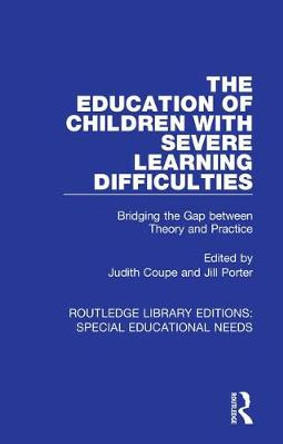Description
Attachment research has tremendous potential for helping clinicians understand what happens when parent-child bonds are disrupted, and what can be done to help. Yet there remains a large gap between theory and practice in this area. This book reviews what is known about attachment and translates it into practical guidelines for therapeutic work. Leading scientist-practitioners present innovative strategies for assessing and intervening in parent-child relationship problems; helping young children recover from maltreatment or trauma; and promoting healthy development in adoptive and foster families. Detailed case material in every chapter illustrates the applications of research-based concepts and tools in real-world clinical practice.
About the Author
David Oppenheim, PhD, is Associate Professor of Psychology at the University of Haifa, Israel, and Associate Editor of Infant Mental Health Journal. He has been involved in attachment research for more than 20 years, focusing on the importance of secure, emotionally open parent-child relations for children's development and mental health. Dr. Oppenheim has also studied how secure attachments are fostered by parental insightfulness into the child's inner world, and has applied attachment concepts and methods in research on clinical populations. He is actively involved in lecturing and writing on the clinical applications of attachment.
Douglas F. Goldsmith, PhD, is a practicing psychologist and Executive Director of The Children's Center, in Salt Lake City, Utah, which specializes in the treatment of families with infants, toddlers, and preschoolers. His work focuses on the assessment and treatment of attachment problems, and he has published several articles regarding the application of attachment theory to clinical practice. Dr. Goldsmith holds adjunct faculty appointments in the Departments of Educational Psychology, Psychology, and Psychiatry at the University of Utah.
Reviews
"This invaluable presentation of cutting-edge clinical applications, seamlessly integrated with the most recent research data, is a remarkable achievement. It is a highly convincing testament to the profound relevance of attachment theory for therapeutic work and prevention."--Peter Fonagy, OBE, FMedSci, FBA, FAcSS, Head, Division of Psychology and Language Sciences, University College London, United Kingdom; Chief Executive, Anna Freud Centre
"This groundbreaking volume brings the ideal of a scientifically informed dynamic psychotherapy practice a step nearer. Cutting-edge clinician-researchers, backed by a sophisticated array of evidence on the assessment and therapy of children and their parents, show how the universal psychotherapeutic values of mentalization, boundedness, and building on strengths can enhance security and happiness. This moving work is essential reading for child psychotherapists and trainees, and I strongly recommend it for all therapists who are open to the continuing impact of attachment theory on our discipline."--Jeremy Holmes MD, FRCPsych, School of Psychology, University of Exeter, UK
"Attachment Theory in Clinical Work with Children jumps right into the real world of clinical practice. The balance between practice and theory is rarely so well equilibrated. Each chapter reveals clinical reality in a different context, with a different population, and with a fresh theme. This book will be essential reading for therapists from all schools, for students, and for all interested in development."--Daniel N. Stern, MD, Department of Psychiatry, Weill Medical College of Cornell University
- Readers will gain a broad understanding of current research and principles in working with parents and children who demonstrate attachment disturbances....Anyone interested in the field of attachment and clinical work will find this book a useful introduction to the application of attachment theory and research, and its impact on the evolution of clinical practice in this field. In this book, Oppenheim and Goldsmith provide a much-needed contribution to the field of attachment and clinical work through this well-written synthesis of pioneering work by recognized and important authors. --Clinical Social Work Journal, 3/5/2011ff The chapters have an array of well-known and well-established academics and clinicians, among them Oppenheim, Zeanah, Steele, Hodges, Lieberman, and Goldsmith. It is an important book...I recommend this book...to anyone involved in facilitating good enough parenting, working in the field of psychotherapy, with under-5s, or working with foster carers and adopters. This is a useful book provoking much thought, resonating with one's own knowledge and experience and opening up ideas about how theory can be transferred to treatment approaches. --Child and Adolescent Mental Health Journal, 3/5/2011ff Focuses on bridging the gap between attachment research and clinical practice. The editors have gathered prominent contributions, original research ideas, and concepts from leading attachment researchers and clinicians. --Journal of Contemporary Social Services, 3/5/2011ff Oppenheim and Goldsmith offer clinicians who assist children and families a useful lens to inform their work. The chapters contain a solid theoretical basis for the recommended assessment and intervention techniques, as well as rich representative dialogues and masterful conceptualizations using attachment theory. --PsycCRITIQUES, 3/5/2011
Book Information
ISBN 9781609184827
Author David Oppenheim
Format Paperback
Page Count 256
Imprint Guilford Publications
Publisher Guilford Publications
Weight(grams) 380g








